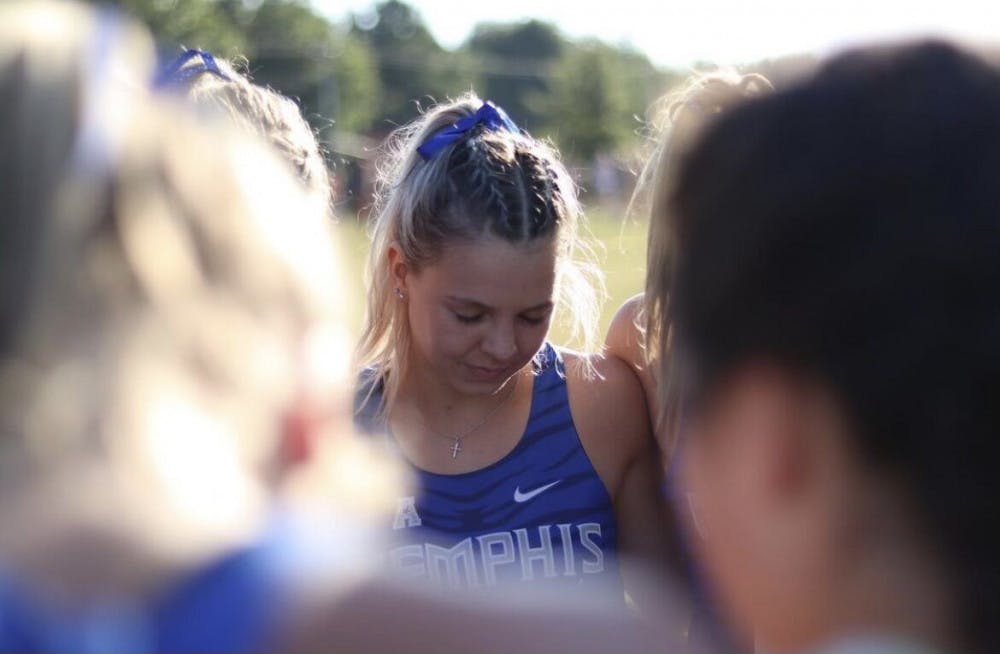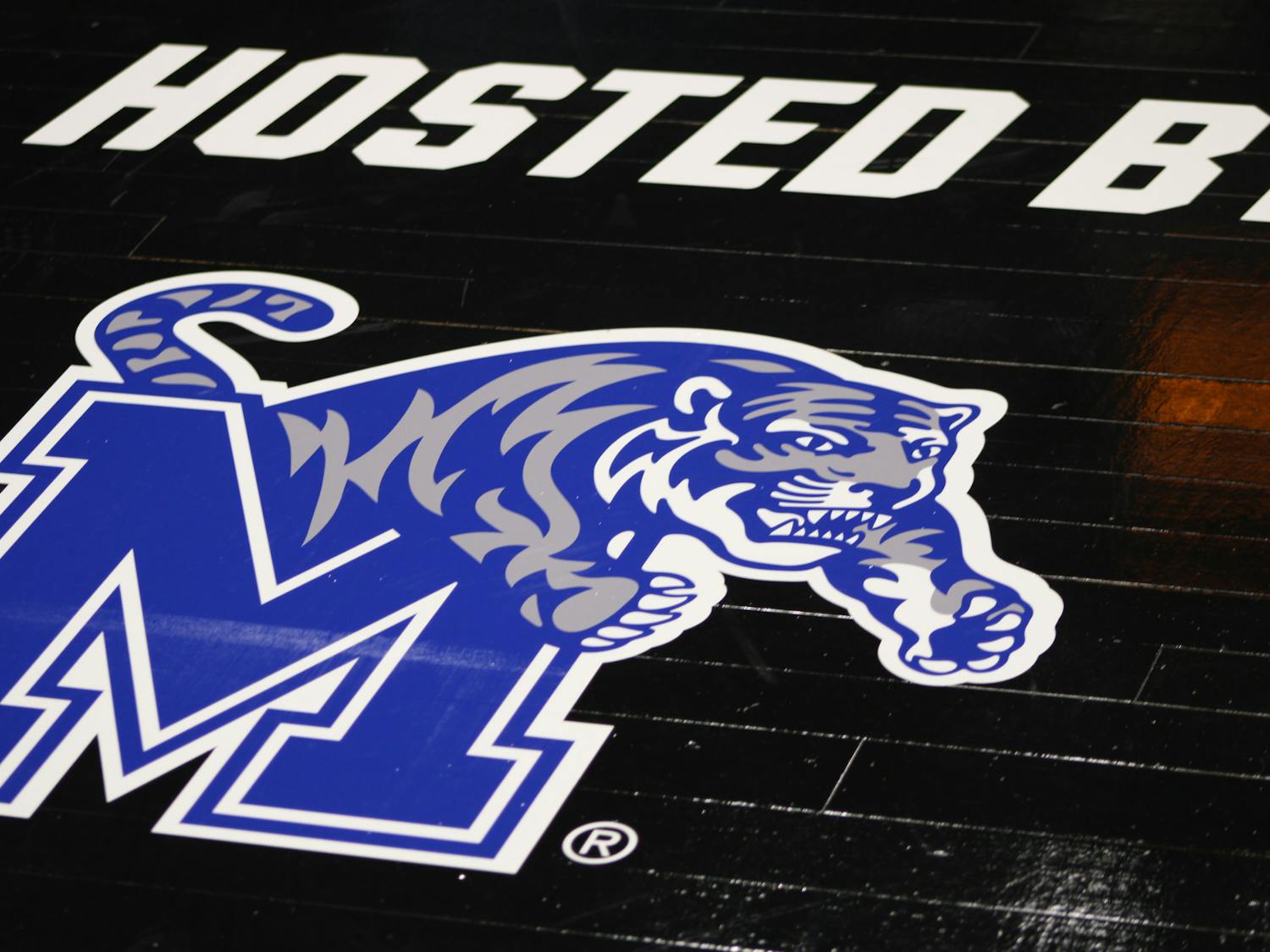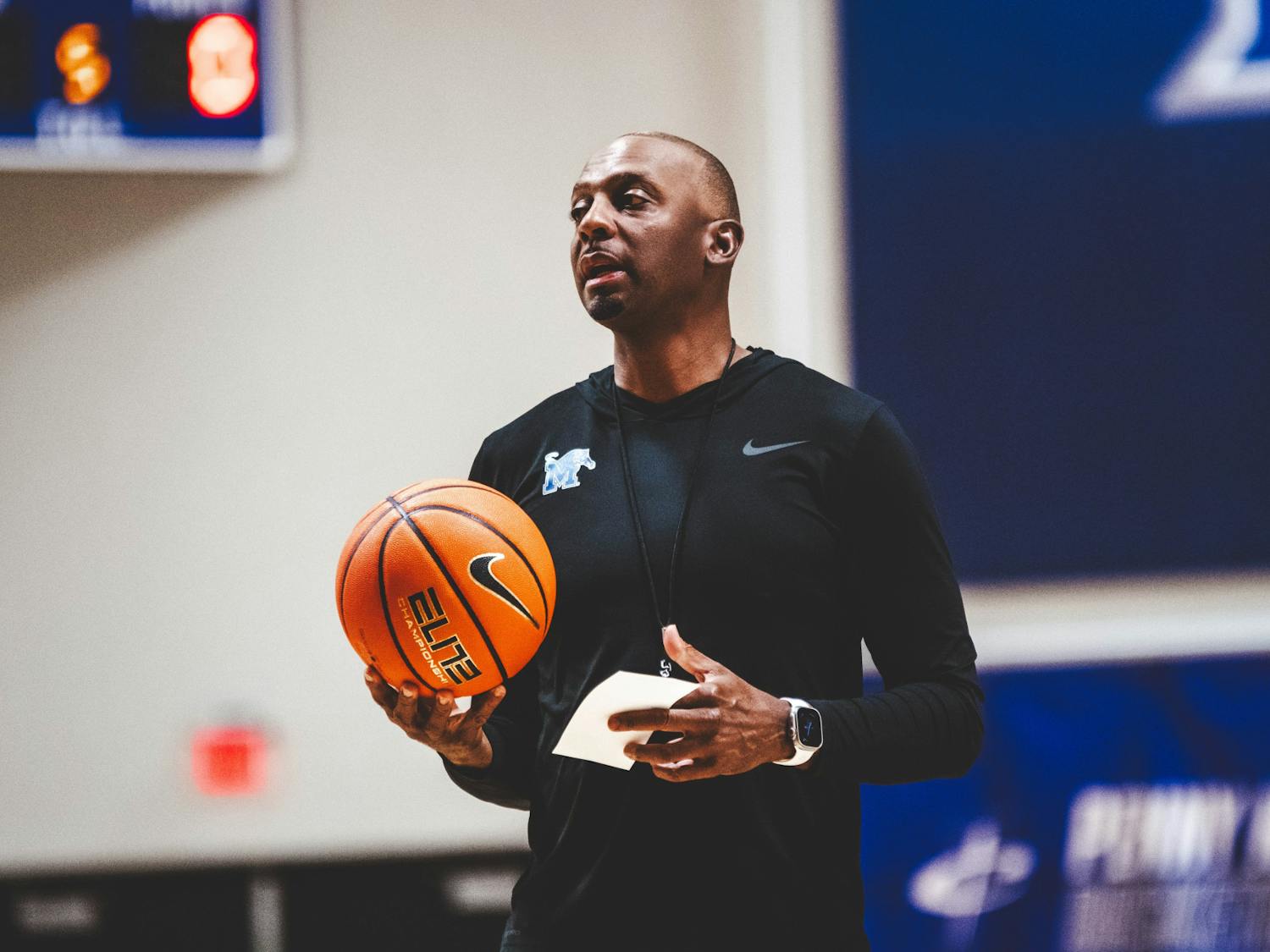Although the Memphis Tigers cross-country team is now back to a normal schedule, looking back, the pandemic affected athletes’ mental well-being and brought new rules that were difficult to adjust to.
Athletes discussed how they have been affected and what they are choosing to do with the extra year of eligibility they were granted by the NCAA because of the pandemic.
“The pandemic impacted me by taking a toll on my mental health, and it was mentally draining having to go back home and train solo,” said Lydia Kurfman, a cross-country athlete at the university in her junior year. “I was dealing with an injury at the time, so it made me realize how beneficial it was to have training partners close by.”
In March 2020, the COVID-19 pandemic hit a major outbreak, forcing the NCAA to make decisions on athletes and games across every intercollegiate sport during the year, which eventually shut down the whole season of sports.
Other student athletes discussed what the difficult reality that they faced was like when the pandemic hit and the NCAA made its decisions.
“If someone got COVID on the team and we were at practice, then everyone had to quarantine even if we weren’t near that person. At some meets they would only allow a certain amount of spectators to watch,” said Reagan Casey, a student-athlete at Memphis.
Unlike indoor sports, like basketball, some fans – usually only family members –were allowed to come to cheer them on at meets during the season.
And outside of requiring athletes to quarantine when their teammates were infected, the NCAA conducted several contact tracings each week, and procedures were strict when traveling for meets.
COVID-19 took a mental toll on a lot of people, of course, but student athletes dealt with health concerns due to a lack of access to facilities and a changing environment.
It’s hard to overlook the outbreak of the COVID-19 pandemic, due to the psychological stress and mental state it caused to a lot of athletes, especially because it was unknown if the pandemic would get worse or ever end.
Fortunately, COVID-19 has also shown how the NCAA regulates through irregular seasons and ensures that every student-athlete has the ability to compete in a safe
environment. The Memphis cross country team has now returned, with the NCAA enacting a successful set of policies to resume collegiate sports and allow athletes a full collegiate career.
While athletes were impacted by the pandemic, just like everyone else, the NCAA decided to grant collegiate athletes an extra year of eligibility. A lot of athletes love to compete, so this opportunity gave student-athletes the chance to make up for the season they had missed.
After the announcement of an extra year of eligibility, athletes had to decide to enter the transfer portal or stay at their current school another year.
Even though athletes may be eligible for an extra season, it might not be fitting for every student athlete as some may not want to pursue further education. Some athletes have decided to pursue a new minor or a higher degree with their “COVID season,” as some have dubbed it.
“I would like to use the extra year, but there are many factors that will come into play when making a decision,” Kurfman said. “If I am granted the opportunity to stay at Memphis and use my full eligibility, I would want to pursue getting my master’s in health promotion and obtaining a minor in nutrition.”
Adapting to the make-up season is not limited to athletes, with coaches having to factor in returning athletes to their recruiting strategies. However, this is not a major issue for the Tigers as many athletes plan to return for their make-up year, creating a team of veterans.
Although adapting to the new operations at the start of the pandemic, it’s 2022 now and, to athletes on the Memphis Tigers cross country team, things are mostly business as usual.
Solstice Saliba, one of three four-year veterans on the women's team, will be in a fight for the top spot. She is one of multiple women who have already posted personal bests this season.
The men's cross country team placed fifth at the AAC conference meet Saturday.




